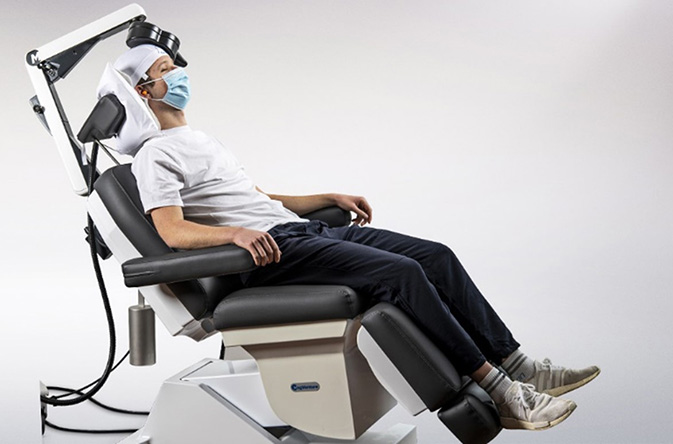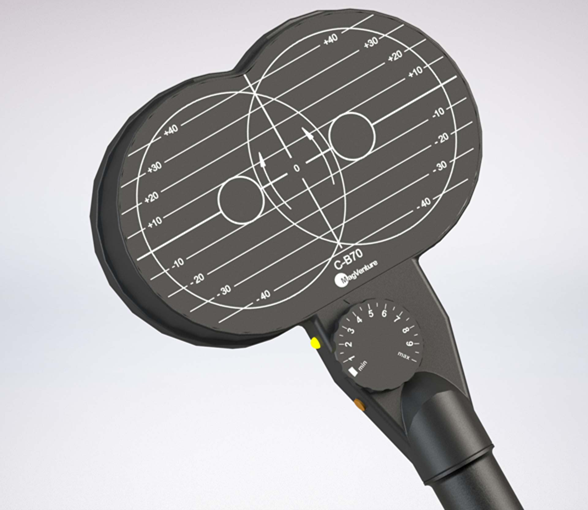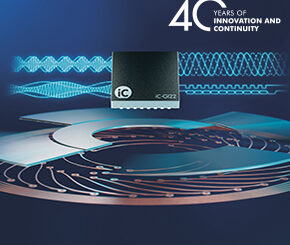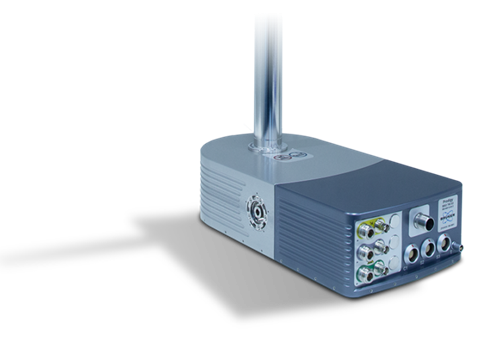
As transcranial magnetic stimulation progresses in its acceptance by regulatory authorities and the medical community around the world, so does the precision and speed of TMS devices. MagVenture, a Danish pioneer of TMS systems, has come up with a new way to focus and position the magnetic coil, making treatments quicker and handier.
Its team of development engineers and medical scientists have created Flow Arm, a positioning system to optimize the delivery of its FDA cleared protocols for non-invasive brain stimulation technology within the treatment of major depressive disorder and as an adjunct therapy for obsessive-compulsive disorder. It has been specifically optimized for clinical practice but can also help TMS researchers. Now, almost effortlessly, operators can move and securely position the TMS coil.
“In recent years, the clinical market for TMS has expanded at such a rapid pace that manufacturers are being challenged to keep pace with the technological requirements emerging with the exponential expansion in the demand for utilization,” notes Kerry Rome, senior vice president of sales at the company’s US subsidiary. “We’ve seen MagVenture drive an FDA clearance for ultra-fast ‘Theta Burst’ TMS which has reduced treatment times for patients from 37 to just 3 minutes.”

The coil is essentially two very heavy spools of copper wire that produce and focus the magnetic fields for the non-invasive brain stimulation technique. The typically large and unwieldy coils, by necessity, must be accurately positioned and held immobile. MagVenture has designed an extensive portfolio of coils for various applications.
In 2018, MagVenture was the first TMS company to receive FDA clearance for Express TMS, reducing treatment time from the standard 37 minutes to just 3 minutes per session. MagVenture A/S has over 25 years of experience within neuromodulation. From headquarters in Farum near Copenhagen, its products are manufactured and promoted worldwide through direct sales subsidiaries in the US, Brazil, Germany and the UK, and through a global network of distributors.



